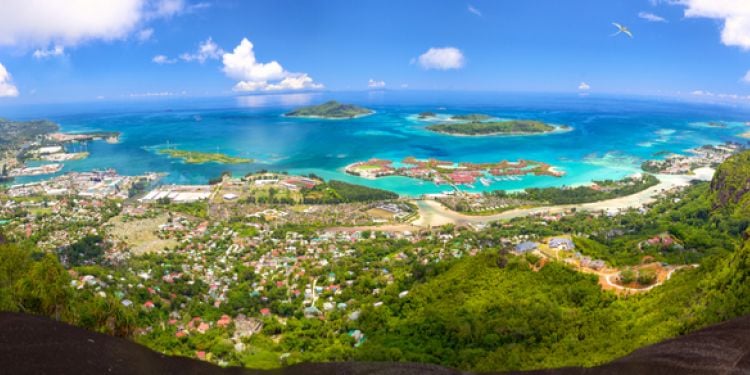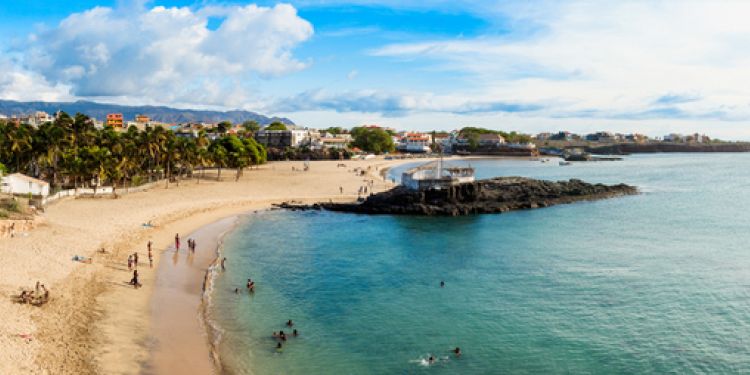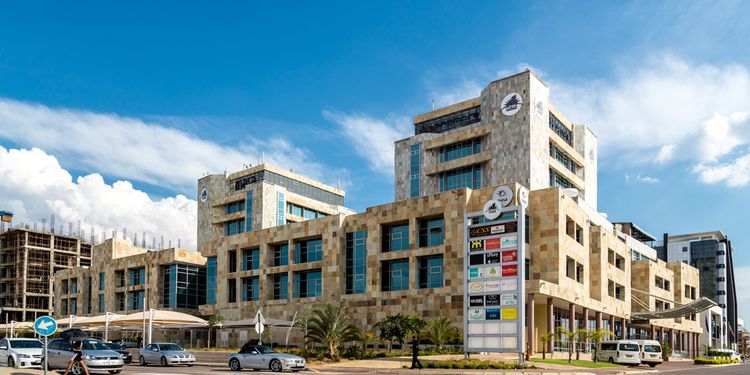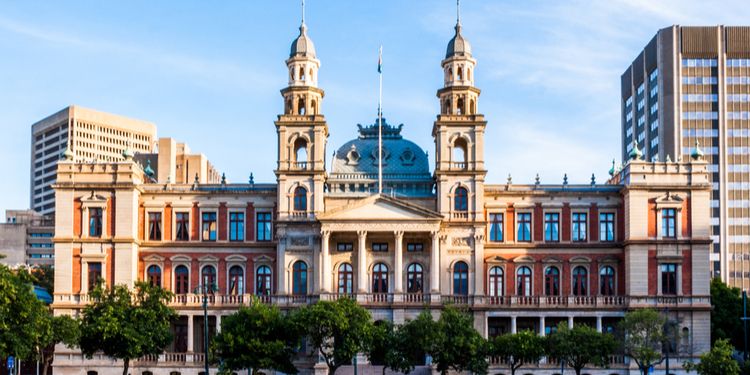
The Ibrahim Index of African Governance highlights the strengths and weaknesses of all African countries according to different categories, including safety and the rule of law, participation and human rights, sustainable economic opportunities and human development. If you're planning to study, work, invest or expand your business in Africa, have a look at the best performing countries regarding good governance.
The Ibrahim Index of African Governance assesses 54 African countries on 102 indicators in total. Overall, good governance shows an upward trend in Africa – 34 countries improved while 18 others deteriorated during the past year. Most significant improvements were observed in Cote d'Ivoire who rises from the 41st to the 22nd spot while Libya keeps falling in the rank. Also, there was much progress in countries like Kenya (11th), Morocco (15th). Besides Libya, the Democratic Republic of Congo and Equatorial Guinea saw deterioration due to the decline of safety and security. It's also worth noting that some of the highest ranked countries are facing challenges when it comes to good governance. Let's have a look at the top 10 with Mauritius, Seychelles, Cape Verde, Namibia, Botswana, Ghana, South Africa, Rwanda, Tunisia and Senegal.
Mauritius

Nicknamed the Pearl of the Indian Ocean, Mauritius is a gateway between Africa and Asia. Over the years, the Island State has attracted many foreign professionals, investors and entrepreneurs due to plentiful opportunities and a range of incentives provided by the government. With nearly 1.3 million inhabitants, Mauritius can boast a $ 13.33 billion Gross Domestic product (GDP) in 2017 and a 3.8 % growth rate. As the best African country for good governance, it performs much better than most countries in the region, especially regarding human development and national security. However, safety and sustainable economic opportunities are deteriorating.
Seychelles

Located in the western part of the Indian Ocean and close to Africa, Seychelles comprises 115 islands. The archipelago is world famous for its diverse landscape, with idyllic beaches surrounded by coral reefs, nature reserves, and luxury hotels. At the second best spot for good governance, Seychelles is home to nearly 100,000 inhabitants. Today, its GDP amounts to 1.48 billion dollars coupled with a 4.2% growth rate. This year, Seychelles improved by 4.0 points. Like Mauritius, the country performs well regarding national security and human development. Public management, on the other hand, is deteriorating.
Cape Verde

An island state comprising a volcanic archipelago, Cape Verde is close to the northwestern coast of Africa. Famous for its pristine beaches and Afro-Portuguese cultural heritage, Cape Verde has a population of 500,000 approximatively. Most of them live in Santiago, the capital city. Cape Verde ranks third in Africa. With a 1.754 billion dollars GDP, the island has a 3.9% growth rate. Cape Verde stands out regarding national security and participation and human rights. However, much has to be done in the fields of sustainable economic opportunities and business climate.
Namibia

Stretching over 825,418 km² in South-west Africa, Namibia is home to 2.5 million people. The country is especially famous for its diverse fauna and flora in the heart of huge national parks. However, Namibia has an unstable economy with a negative growth rate (-0.8%) and 13.245 billion dollars GDP. While it ranks 4th for good governance, performing well for national security, safety, well-being and sustainable economic opportunities scores are quite low.
Botswana

Fifth in Africa for good governance, Botswana is a democratic republic with 2.3 million inhabitants. Located in southern Africa, Botswana is one of the most prosperous countries on the continent with a $ 17.407 billion GDP and a 2.4% growth rate. While it performs well regarding national security, its score for public management and sustainable economic opportunities. However, Botswana remains one of the safest and most transparent African countries according to other global indexes.
Ghana

Located in West Africa, Ghana has a tumultuous past due to political and social conflicts between 1966 and 1980. Today, it is a relatively safe country as evidenced by its performance regarding the rule of law. With a population of 28.8 million, Ghana can boast a 47.330 billion dollars GDP and an 8.5% growth rate. Even though its scores regarding participation and human rights are high, its main weaknesses are lack of transparency and accountability and sustainable economic opportunities.
South Africa

Located at the southern tip of Africa, South Africa is home to nearly 56.7 million inhabitants. The country ranks 7th in Africa for good governance. This republic can boast a GDP of 349.419 billion dollars coupled with a growth rate of 1.3%. Despite the rule of law in South Africa, the level of personal security remains very low. The country has a notable performance in terms of participation and human rights but relatively low regarding sustainable economic opportunities.
Rwanda

Nicknamed the "country of a thousand hills", Rwanda is a Republic in East-Africa and is home to nearly 12.2 million people. For the year 2017, its GDP amounted to 9,137 billion dollars while a 6,1% growth rate was recorded. While Rwanda shows poor performance when it comes to participation and human rights, there's much improvement regarding gender equality and sustainable economic opportunities.
Tunisia

Located in North Africa, Tunisia is a semi-presidential and unicameral republic with nearly 11.5 million inhabitants and a GDP of 40.257 billion dollars coupled with a 2.0% growth rate. In spite of its social and political instability in recent years, Tunisia (9th) performs above the average. While its scores for personal safety and sustainable economic opportunities are low, there was much improvement regarding participation and human rights.
Senegal

Senegal is an attractive West African country, especially for work, higher studies and setting up a business. The country can boast a 16.375 billion dollars GDP and a 6.8% growth rate. Coming at the 10th spot this year, Senegal also performs above the average even though significant improvements are required in the fields of education, sustainable economic opportunities, and participation and human rights. National security scores are fair enough.



















